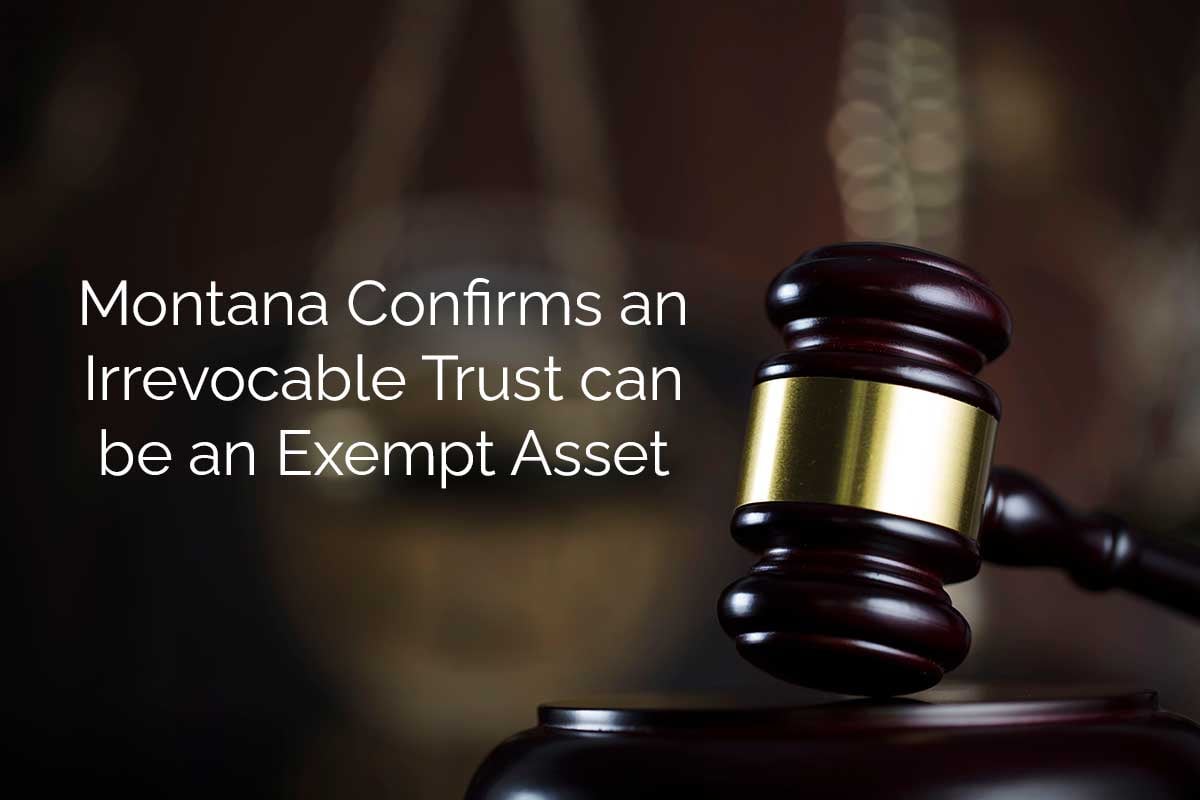
Each year, the Internal Revenue Service (IRS) puts out their “dirty dozen” list. This is a list of scams that are prevalent that the IRS wants everyone to watch out for. Let’s see what’s going on in scammer-town this year.
The scams fall into four main categories: pandemic-related scams; scams relating to personal information; schemes focusing on certain victims; and scams that persuade taxpayers into taking crooked actions.
Pandemic Scams
Due to the pandemic, the government passed legislation that provided financial help to individuals and businesses. A scam can focus on stealing these payments. The IRS alerts taxpayers to watch out for mailbox theft of stimulus checks. The IRS reiterates that an IRS employee will not initiate contact via phone, email, or text asking for your social security number or other information in order to process stimulus checks.



